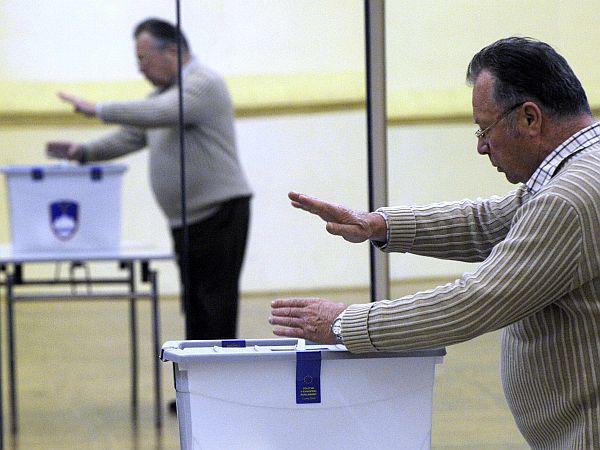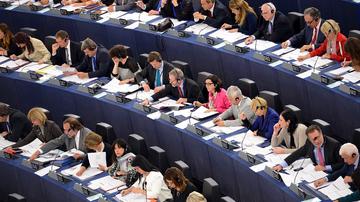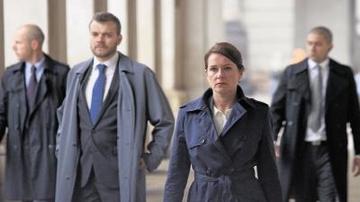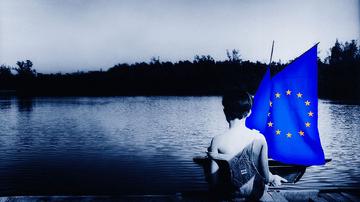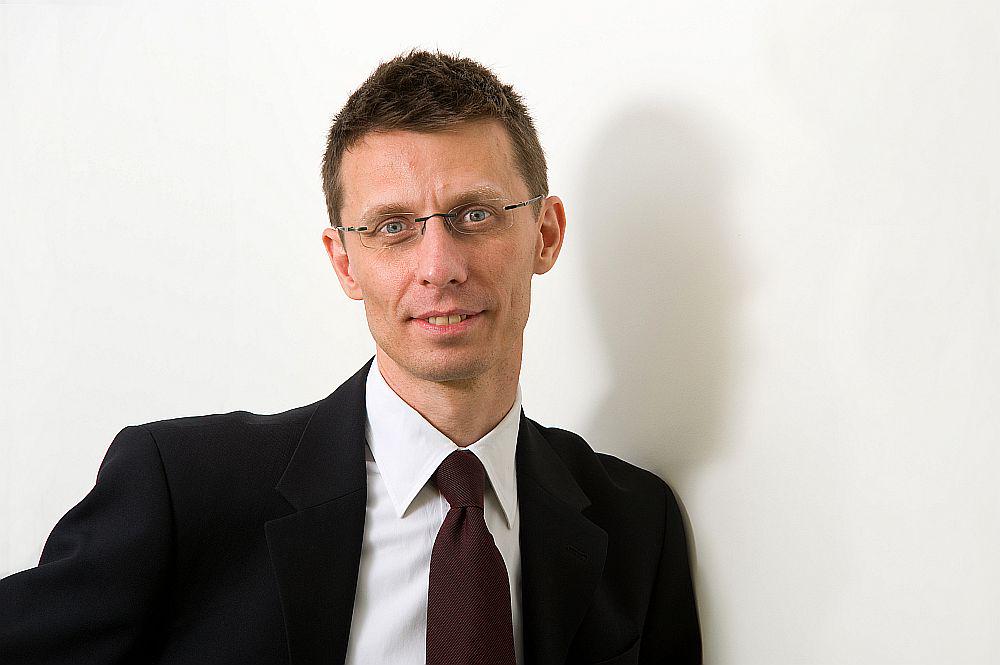
But I have decided to lay low until more political parties decide on their lists. When all lists become public it will be much more interesting to analyse as the election campaign for this year’s EP elections will officially commence.
In the meantime I came across an interesting document. It’s five years old but the relevance makes an interesting read. Never before have I read such an interesting piece of political fiction in my life. The analysis, commissioned by the European Parliament, looks at the selection process for the European elections by the political parties across Europe and compares them with the selection processes of the national elections.
The document cites the selection of MEP candidates by the Slovenian political parties to be more than exemplary – very democratic, open, transparent.. with preference given to candidates with EU experience, their electability and adherence to the political manifesto of the party. Crucially the geographical and gender balance is strictly adhered to.
So what happened to this process in 2014? I would argue that the party rules and procedures have not changed much but that the document plaudits have been replaced by party dictatorships in this year’s selections with party presidents pushing themselves on top of the lists, current MEPs being dropped at the 11th hour and ministers being pushed to Brussels, all of which is public knowledge and well documented in the press. The process appears to be fully democratic on paper but this far from reality.
The 2009 EP study highlighted an interesting left-right divide when it comes to the European elections, including that they are different from the national one. “In placing individual candidates and setting up the lists, parties placed in the centre and left to it ([in the past] LDS, Zares, SD) place value on the entire list of candidates, specific expertise and balance in terms of territorial dispersion and professional variety. On the other hand, parties right from the centre ([in the past] SDS, NSi, SNS and SLS to a limited extent) are more concentrated on individual personalities, political experience and also see European elections more as part of domestic politics and thus regard them in terms of preparations for next national or local elections.”
This year, I would argue, internal political considerations have been a decisive factor for all political parties. One such extreme is the ruling Positive Slovenia (PS), which initially declared that the decision on the composition of their list will be done on the eve of the final deadline set by the State Election Commission – by midnight on Friday. Depending on the results of Prime Minister Alenka Bratušek’s leadership challenge, we would either see a joint liberal/ALDE list or three separate ones. After the weekend talks with the two other parties, PS walked out of the talks and declared it will form its own list.
This is certainly bad news for two smaller members of this grouping – Liberal Democracy of Slovenia (LDS) and Zares. Both will most likely fail to get even one MEP elected. With no official threshold each party still needs roughly about 9 % of votes to get one MEP elected (according to the 2009 elections).
The weekend poll by Episcenter puts the joint SLS/NSI list and Lojze Peterle in the lead with SDS’s Milan Zver second. Surprisingly, former head of Slovenia’s Court of Auditors, one of the most respected public faces in the country, Igor Šoltes and his political movement Verjamem (I Believe), is third. He is using the upcoming EP elections to sound out the Slovenian electorate prior to this year’s local and more importantly next general elections, which, in fact, could take place any time due to the political instability within the coalition and the ruling party.
The Social Democrats missed an opportunity to put a woman candidate on top of their election list this year (which could be seen as something very.. well, social-democratic and ‘above average’), as did the liberal/centre left parties. In taking its decision to go solo, PS was surely driven by high ratings it continues to receive in the public opinion polls. Led by the Eurosceptic Jože Mencinger, PS could, according to Episcenter, be fourth.
As the ‘glue’ of these liberal parties – Janez Potočnik – told STA in a recent interview (to which I was alerted to by his cabinet, questioning my analogy that he has not declared himself clearly on whether he personally wants the third term or not, regardless if Slovenia will ask him), “Slovenia needs a connecting core”, a strong centre that would bring together these parties which lie between the political left and the political right, so that “we would not get two new political parties at every elections’.
Once again, the internal politics dictates the European agenda – just wait for the political campaign to start, which will all be dominated by domestic political issues. I can hardly wait.
You can follow Dragan Barbutovski on Twitter.
Dragan Barbutovski




















































